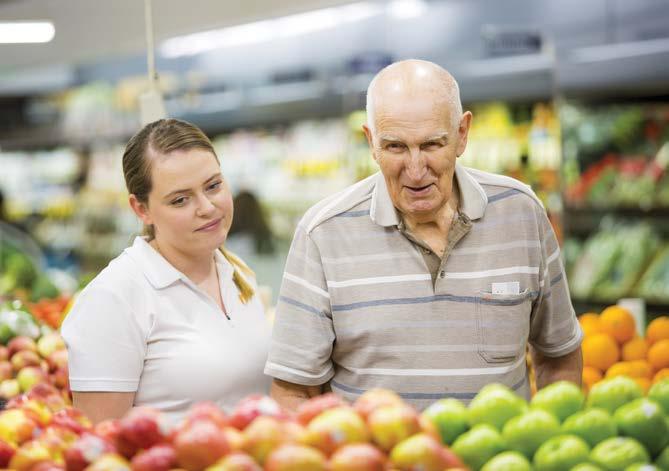
6 minute read
Community Rehabilitation Service
112
driving assessments were conducted
Advertisement
231
Community Therapy team clients
378
Home Based and Outpatient program clients
Community Rehabilitation Service
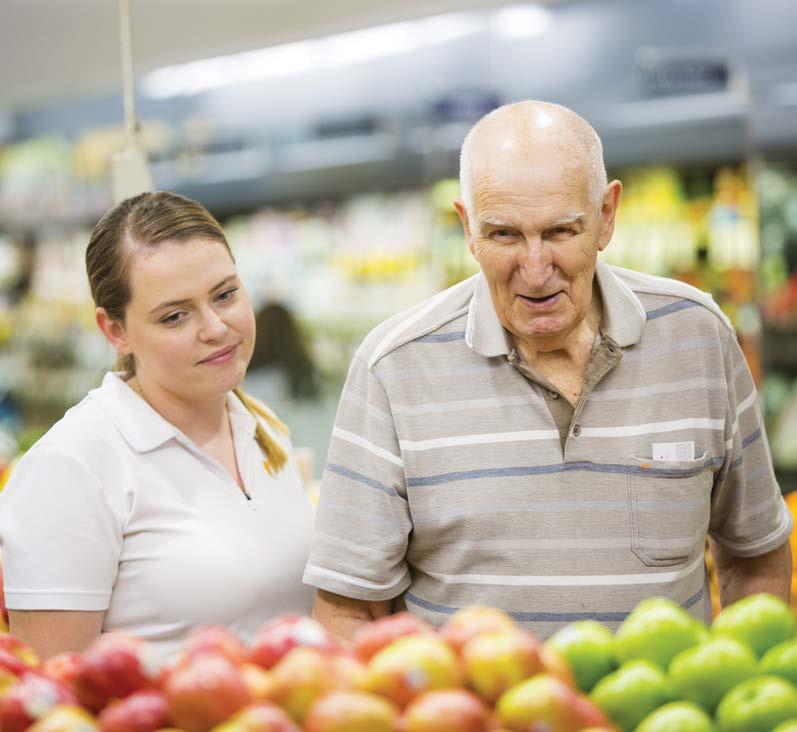
Royal Rehab’s Community Rehabilitation Service (CRS) provides a variety of specialised programs to support people who have experienced injury, illness, or disability.
The multidisciplinary team of allied health professionals is dedicated to supporting our clients to adjust to changes in abilities, rebuild confidence, and grow independence. From getting back to driving or discovering the pleasure of a new recreational activity, to managing everyday tasks – the possibilities are endless with CRS! Sessions occur in the convenience of our clients’ homes, at Royal Rehab’s Ryde location and in a range of community settings across Sydney. Many of our services are group based and promote social inclusion and community participation.
COVID-19 Response
The COVID-19 pandemic brought with it enormous disruption that forced organisations to think flexibly and creatively. The united CRS team responded with a customercentric approach that saw it quickly restructure resources, embrace new ways of working and new technologies to ensure the safe delivery of its vital services. In addition to the roll out of COVID-safe measures across the organisation, a planned telehealth rollout was accelerated at astonishing speed. Traditional face-to-face individual and group consults were pivoted to a telehealth model and included a comprehensive training program to support staff and clients.
Driver Assessment & Training Service
> 112 driving assessments were conducted > 22% of clients were recommended to have vehicle modifications to allow independence with driving > 67% of clients maintained their Class C licence following assessment
This year, we welcomed an additional occupational therapist and new driving instructors to our team. Our referral numbers increased, with a rise in the number of people with NDIS and icare funding accessing our services. A highlight for the team was enabling a client with hand deformities return to driving by supporting the design of custom modifications.
Community Therapy
> 231 clients received therapy from the Community
Therapy team > 3,895 hours of individual or group therapy were provided to clients on Community Therapy programs The Community Therapy service offers a comprehensive allied health service for people with chronic and complex disabilities. Clients benefit from personalised programs with both group-based and individualised sessions offered to support clients achieve their goals. We expanded our service offering to include case management, social work, and nursing services. The team successfully supported Waverley Council in a Beach Access Day and continued to offer varied groups for clients. This included hydrotherapy, fishing, cycling, and gardening.
Transitional Aged Care Program
> 12,878 hours of therapy was provided to clients on
Transitional Aged Care programs > Therapeutic activity by the Transitional Aged Care dietician increased by 800% compared to the previous year
This year, we continued to partner with the Northern Sydney Local Health District (NSLHD) to deliver the therapy component of the Transitional Aged Care Program. The program supports people over the age of 65 to successfully return home after hospital through goal-based multidisciplinary therapy. This service is offered to clients either in their homes or in a transitional care unit located off-site in Belrose.
The Transitional Aged Care program grew this year with additional in-home packages made available to support clients. We introduced recreational therapy to support clients to return to recreational and leisure interests. Increased allied health assistant staffing also allowed us to increase the intensity of the therapy we could provide to clients.
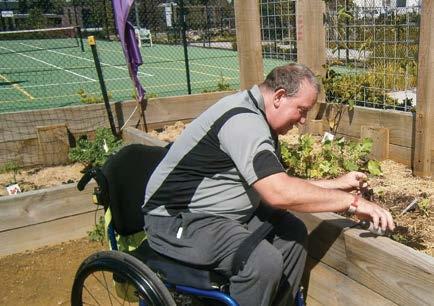
Home-based, Outpatient & Stepping On support
> 378 clients received therapy via the Home Based and Outpatient programs > 5,588 hours of individual or group-based therapy provided to clients on Home Based and Outpatient programs > 533 people attended Stepping on group sessions in
June-December 2019
Our Home-based Rehabilitation and Public Outpatient programs are multidisciplinary services we administer on behalf of the Northern Sydney Location Health District. This year, we saw an increase in the number of acute hospitals referring to our programs, and overall saw an increase in the number of total referrals. We introduced a community participation group designed to improve clients’ confidence and ability to access their local areas, as well as reduce social isolation. Hydrotherapy, general fitness, self-management, educational and communication groups continued to be offered. We also continued to deliver the Stepping On program on behalf of the Northern Sydney and Central Coast Local Health Districts Health Promotion Division. This program caters for diverse needs, including culturally and linguistically diverse groups and older persons with mental health disorders. In 2020, we were unable to offer groups during COVID-19, however used this time to develop new training and educational resources and provide individualised mental health support to socially isolated clients.
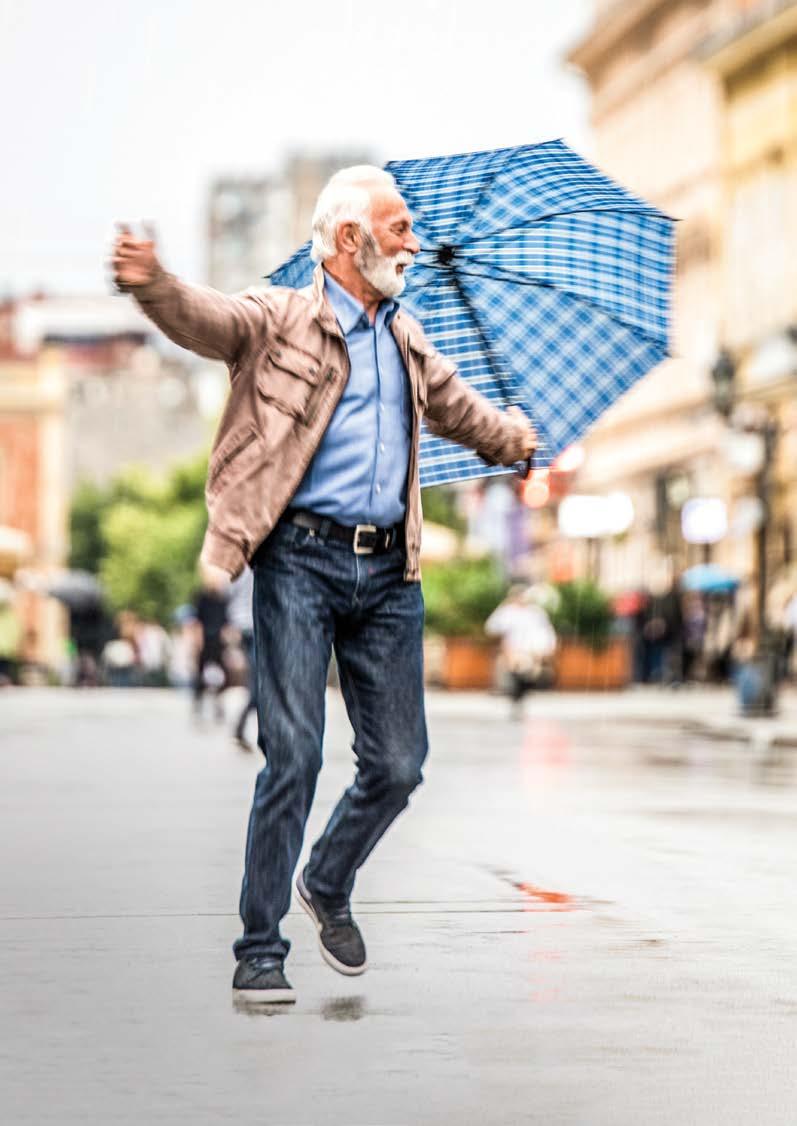
Samba, Rumba & Boot Scootin’ ... Back to Health
From a lifelong love-affair with dancing to travelling abroad with husband of two years, David, Frank credits keeping his mind and body active for managing the symptoms of Parkinson’s disease and regaining independence after developing Guillain-Barré syndrome.
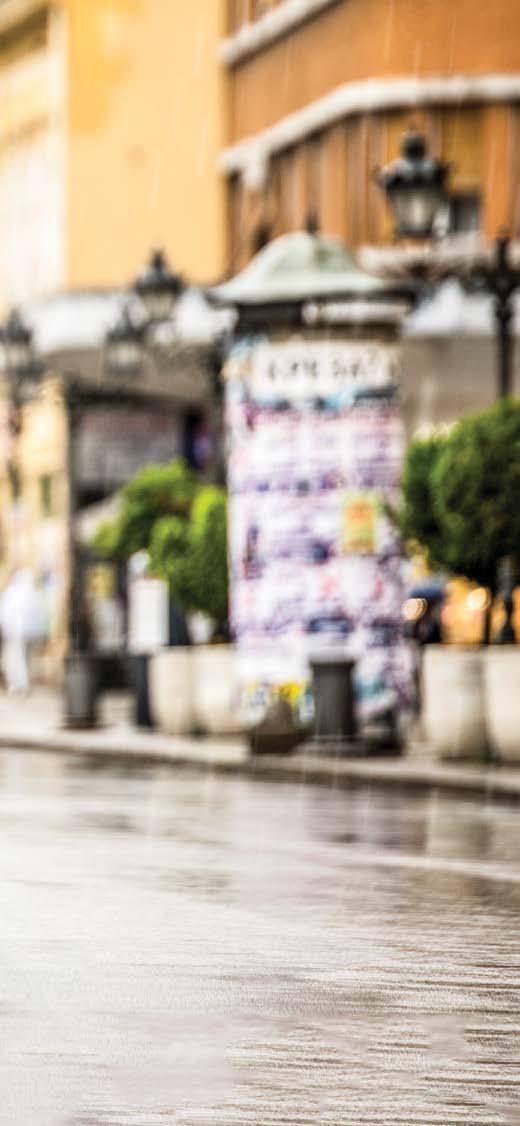
On an otherwise ordinary day in August 2019, the day after Frank and David had returned from a weekend trip to visit family near Tamworth, Frank realised something was seriously wrong. “I was watching TV on the couch and sipping a cup of tea. When I went to get up, but I just couldn’t.”
Thinking it was a stroke, David took Frank to hospital and after a series of tests, Frank was diagnosed with Guillain-Barré syndrome. Discovering he had an auto-immune disorder that was attacking his nervous system was a shock.
“When I was diagnosed with Parkinson’s disease 10 years ago, my neurologist recommended exercise. I’m not a gym person but I love dancing. I was Line Dancing and Latin American Dancing during the week, and I walked on the weekends. I was averaging 15,000 steps a day and living symptom-free. Dancing was my saviour and now I couldn’t do it,” Frank said. Frank describes his first week in hospital as ‘depressing’. He thought that forever and a day, he would be bedridden or at best, housebound. When his rehabilitation transitioned from the general hospital to Royal Rehab, he noticed the positive difference straight away. “The amazing thing about Stephanie and Gracia (from Royal Rehab) is that they listened to what I was saying. I told them what I could and couldn’t do and they designed a program for me,” Frank said. “Their positivity made such a difference.”
Frank benefitted from a multidisciplinary program of allied health therapies, such as physiotherapy and occupational therapy, designed to achieve his rehabilitation goals — to regain his ability to stand and return to his active lifestyle. “When I told them I did so much dancing, they incorporated some Line Dancing. Eventually, I built up to a five-minute dance while the physio was there,” Frank said. Frank says he always looked forward to working with his Royal Rehab team because he felt so supported. He says they were there when he was strong enough to return home. “The house I live in has 15 stairs. I was petrified about falling and breaking a hip or an arm. Gracia and Stephanie got me on crutches. They encouraged me in a nice way. They said ‘you might fall, but we’ll be there catch you’.” Now independent again, Frank says it’s a huge boost to his confidence and mental wellbeing to be able to catch public transport and have lunch every week with friends. And he’s excited about finally being able to get back on the dance floor and travel again.










